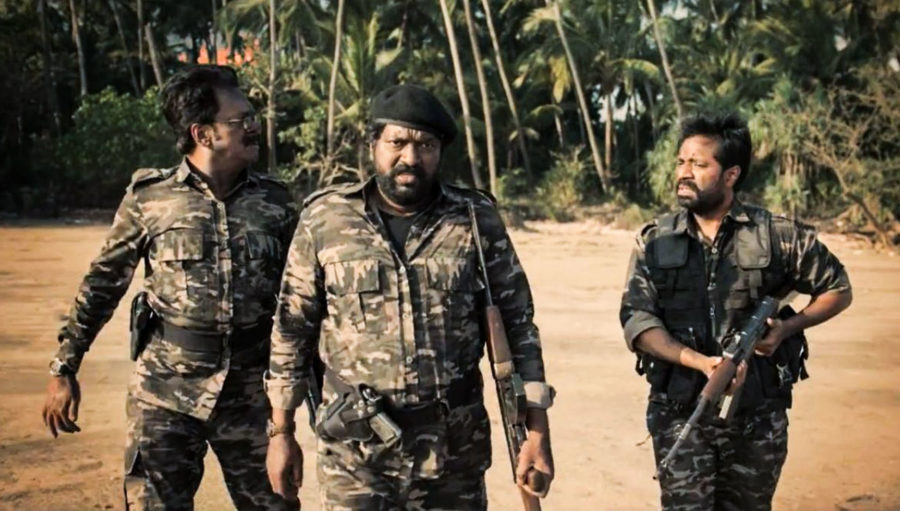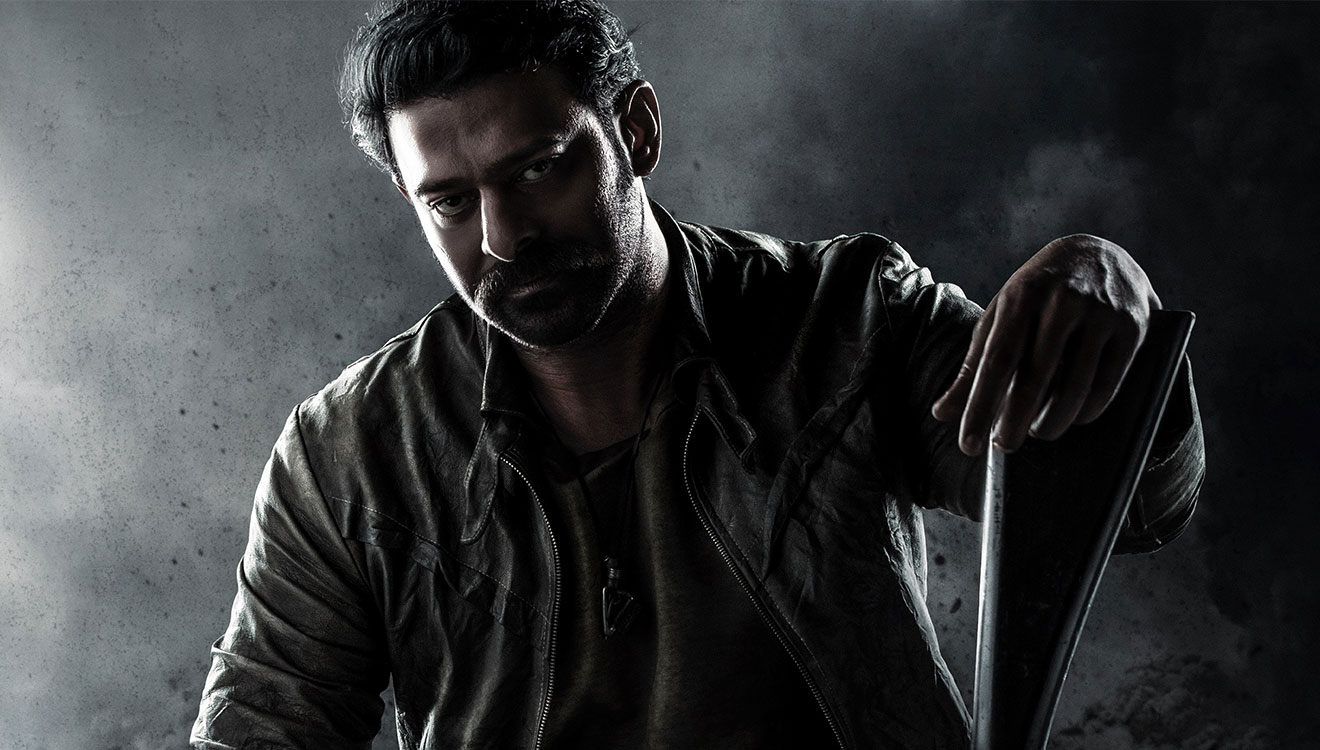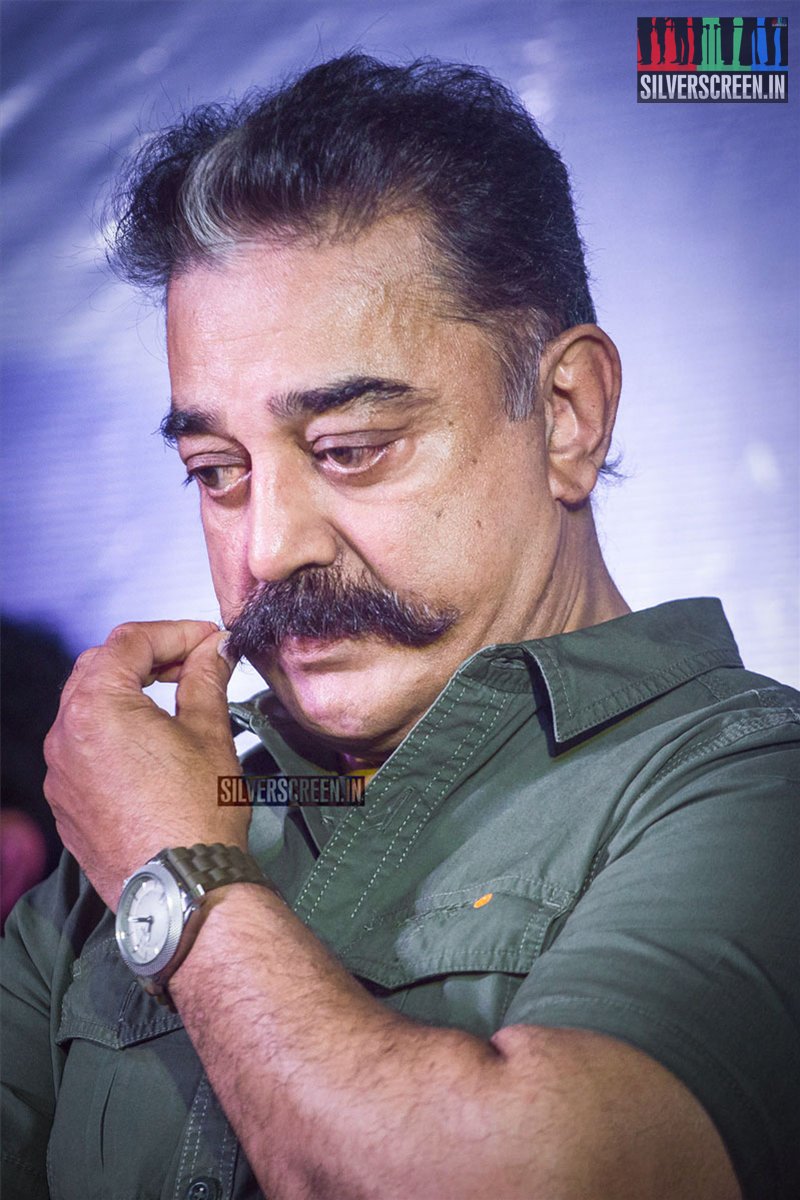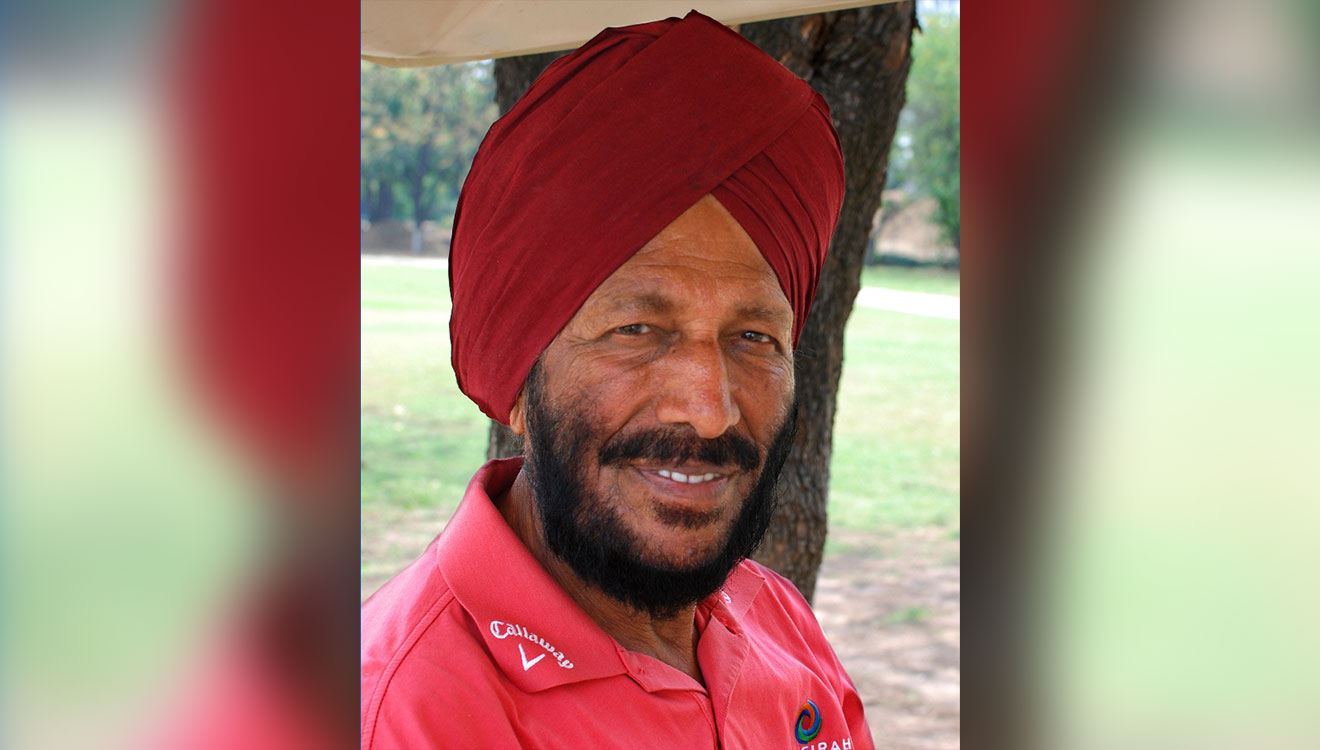The representatives of the Eelam Tamil community living across the world requested Tamil actors to “refrain from accepting a part in any screen production that discredits, defames, twists of Eelam liberation struggle,” in a letter addressed to the President of South Indian Artists Association (SIAA) aka Nadigar Sangam on June 19.
The letter followed the release of the second season of The Family Man on Amazon Prime Video, which invited controversy for its portrayal of the Eelam community and the Liberation Tigers of Tamil Eelam (LTTE). It was widely accused of throwing a poor light on the community.
Speaking to Silverscreen India, members of the Tamil Eelam diaspora said the Indian film industry should stop using the community and their history as ‘clickbait’.
What is the issue with The Family Man 2?
The trailer of the second season of the espionage thriller series The Family Man was released on May 19 by the lead actor Manoj Bajpayee on social media, nearly coinciding with the Mullivaikkal Remembrance Day that the Tamil Eelam community observes on May 18, each year, to remember those who died in the final stages of the Sri Lankan Civil War.
Actor Samantha Akkineni, who predominantly works in the Tamil and Telugu film industries, portrayed the role of a Tamil rebel, and the trailer faced backlash for a scene that talks about a coalition between the “rebels and ISI”. Many felt the scene depicts the Tamil rebels as terrorists.
Many prominent personalities, including Tamil political leaders like NTK chief Seeman, Rajya Sabha MP Vaiko, and Tamil Nadu Information Technology Minister T Mano Thangaraj, called for a ban on the series.
The nine-part show, created and produced by filmmakers Raj Nidimoru and Krishna DK (Raj and DK), caused further dissatisfaction among the Eelam community after it was released on the streaming platform on June 4.
What does the diaspora’s letter to Nadigar Sangam say?
Speaking about The Family Man 2, the Tamil diaspora community, in its two-page letter, wrote, “The falsification and misinterpretation of the true history of Eelam Tamils and their freedom struggle in this web series containing portrayal of debauched and shady stories and slander dialogues have caused us severe pain. Portrayal of military atrocities against Tamil civilians as attempts at abatement of terrorism conceals the genocide committed against Eelam Tamils in Sri Lanka.”
Referring to how post the Mullivaikkal massacre in 2009, the Tamil Eelam community dispersed around the world, the letter alleged that the Sri Lankan government continues to portray Tamils as a “terrorist community” even as Tamils in their adopted countries continue the “struggle to seek justice and establish that they were subjected to genocide by the Sri Lankan state.”
The letter further added that at a time when the world at large has begun to recognise them as victims of oppression, The Family Man 2 “deliberately paints the malicious picture that Eelam Tamils are committing terrorist acts in collaboration with international terrorists.”
Calling the series a “politically motivated sinister plot”, the letter condemned its “characterisation of the liberation struggle against subjugation as terrorism.”
“The producers cannot relinquish their responsibility by merely stating that it is fiction. The series directly relates its story to the Eelam Tamil people by using the words such as ‘Eelam Tamils’, ‘Point Pedro’ and ‘North Sri Lanka’. Even the scenes match the events of the last phase of the war that occurred in Eelam. It clearly shows that the series was planned and produced to criminalise Eelam Tamils,” the letter said.
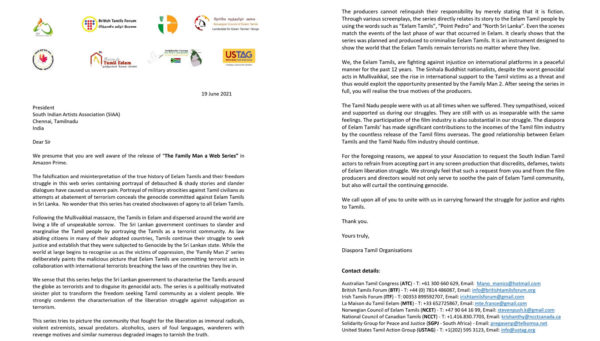
Counting on the people of Tamil Nadu for support and mentioning that the diaspora has made “significant contributions” to the Tamil film industry’s income by supporting the overseas releases of films, the letter appealed to Tamil actors to refrain from accepting a part in any screen production that discredits or defames the Eelam liberation struggle.
The letter concluded by saying that the request would not only “soothe the pain” of the community but also “curtail the continuing genocide.”
The letter represented worldwide Tamil Eelam diaspora organisations, including the Australian Tamil Congress, British Tamils Forum, Irish Tamils Forum, La Maison du Tamil Eelam, Norwegian Council of Eelam Tamils, National Council of Canadian Tamils, Solidarity Group for Peace and Justice, and United States Tamil Action Group.
What does representation mean to the Tamil Eelam diaspora?
To understand the intensity of the issue and hear from the community, Silverscreen India spoke to members of the Tamil Eelam diaspora who are now settled across the globe.
Keerthi, an Eelam Tamil who now lives in Switzerland, says the community depends on Indian cinema for their representation since they do not have one of their own. “And films that portray an entire community should take measures to do justice to them. The issue here is that filmmakers want to make movies based on politically sensitive topics like Eelam, but are not willing to put in the work and research. They pick events that will evoke feelings and reactions. But when they get a negative reactions, they refer back to their freedom of expression and claim it is fictional,” she explains.
“The trailer of The Family Man was released in the week of May 18, when the Mullivaikkal massacre took place, and there is no way this is a coincidence. They portray us as terrorists and link us to ISIS. There is a big difference between ISIS and the Tigers,” she asserts.
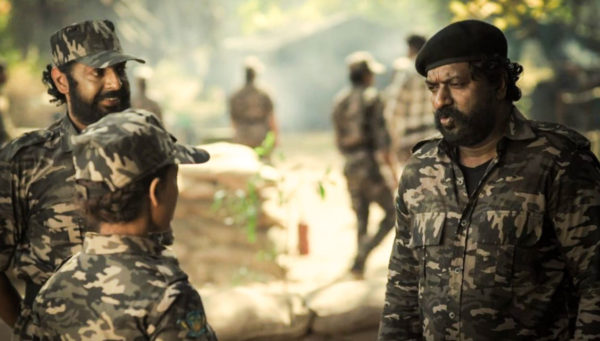
Investment banker Raghav Chandrashekar, who resides in Germany and is of Indian and Sri Lankan Tamil descent, adds to this. “Linking the Tamil Tigers to ISIS is targeting the Eelam community as a whole. LTTE started off as a guerrilla organisation – there is no way such a movement can grow without the support of the local community. To this date, people back in Eelam hold Maveear Naal events,” he says.
“Indians have to understand the reason for the community’s support to the LTTE. The LTTE did what every Eelam Tamil ‘Family Man’ wanted to do. They fought the oppressor, the rapist, the settler, the coloniser, and the killer of our own people. So there is no way to show the LTTE in a bad manner and yet be supportive of the Eelam Tamils,” he adds.
Raghav, who has in the past been forced to live in refugee camps because of his father’s visa status, feels strongly on the issue. He believes Family Man was “clearly targeting” the Eelam Tamil community. “You could tell that they expected the backlash and were prepared for it with arguments like, ‘We chose an actress from the South.’”
Another member of the diaspora, Harini, who works as a primary school teacher in the UK, and whose father immigrated to the UK in 1989 after being detained and tortured by the Sri Lankan government during the war, says she chose to boycott the show. “I didn’t feel comfortable watching something that could potentially make Eelam Tamils look bad.”
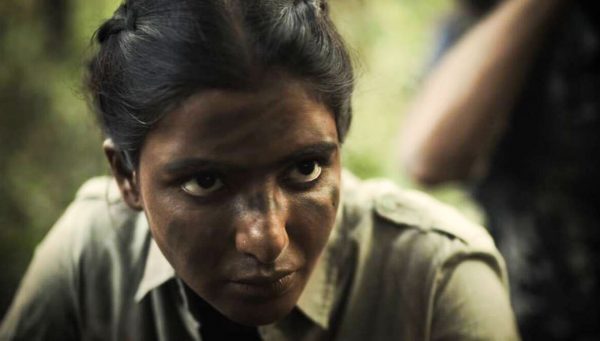
Harini also takes issue with the casting of Samantha. “She is not of a Tamil background and she also donned brown face to portray an Eelam Tamil woman. Even if she self-identifies as Tamil, she has made absolutely no contribution to the Eelam cause nor has she said anything in support of Eelam Tamils. The fact that despite all this, she felt comfortable taking on the role of an LTTE soldier is extremely disingenuous.”
Difference in portrayal of Eelam in Hindi vs Tamil cinema
“I personally believe that we have to differentiate between Bollywood and Tamil cinema. The difference between The Family Man 2 and films like Jagame Thandhiram is the intention,” says Keerthi. She feels there is a clear aversion to the Eelam community among North Indians. “They have a negative opinion because of the assassination of Rajiv Gandhi. This results in them making films that are against Tamils and Eelam Tamils in particular. These films are made with the intention to please northern India.”
Raghav, who is partly North Indian, concurs and adds, “There is also the issue of racism. I’m half Eelam Tamil and half (North) Indian. I have personally experienced the racism of North Indians towards Tamils in general. This is very visible in The Family Man 2. Would the production company dare to make something like this about Bhagat Singh and the Sikh movement?”
Keerthi points to the Tamil film Jagame Thandhiram as a counter example. “Its intentions were clearly not bad, even if it had certain flaws in terms of its portrayal of the diaspora. It shows Eelam Tamil people involved in gangs and smuggling, but in reality, most first-generation refugees lived in refugee camps, worked multiple jobs to make ends meet, and supported family back home,” she says.

‘Don’t use Eelam as a clickbait’
The Eelam diaspora believe the only way to authentically portray their community and do justice to them is to begin by understanding their history and struggle. “If you are not willing to look into the situation in-depth, just step away from trying to make a movie on us,” says Raghav. “We don’t want our history to be used for profit. Our struggle should not be exploited for box office hits. The genocide is not fiction, it is a reality that continues even today. So, they should treat is as such,” he adds.
Recommended
Keerthi feels that the first step is to stop using the Eelam struggle as ‘clickbait’. “If it is not relevant to the story, don’t bring it in. For example, in Suriya’s Massu Engira Masilamani, there was no reason to bring in an Eelam Tamil. Also, when Kannathil Muthamittal first came out, I was happy about the representation, but the film painted the LTTE in a negative way. Amudha’s mother is shown to be cold-hearted. That is what people pick up,” she says.
Harini believes the presence of more Eelam Tamil actors in Kollywood is the way forward. “That’s the only way we can hope for a collective and unified Tamil identity.”
Some of the diaspora say they are pinning their hopes on films like Methagu. The Tamil film that follows the life of LTTE leader Prabhakaran was released on the BS Value platform in pay per view format on Friday.
Meanwhile, they say, they can only continue raising their voices against harmful portrayals and hope the situation eventually changes.
